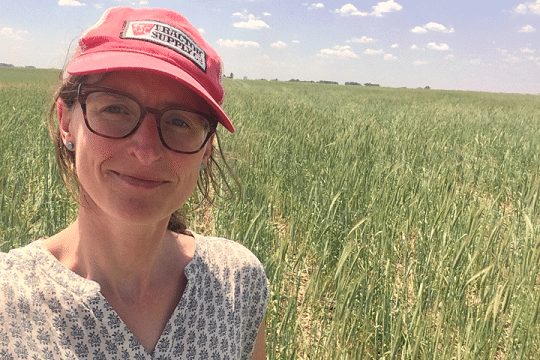
- This event has passed.
Moriarty Science Seminar: Words are monuments: Confronting racism and colonialism in conservation place names
November 23, 2020, 12:00 pm - 1:00 pm
Online
Event Navigation

R.W. Moriarty Science Seminar Presents: “Words are monuments: Confronting racism and colonialism in conservation place names”
Speaker: Bonnie McGill
US national parks represent the public face of conservation, yet, despite their ecological and social value, national parks have origins in Indigenous dispossession, cultural nationalism, and fears of overpopulation by immigrants, people of color, and people at the intersection of these identities. I will present a research project that examined patterns in place name origins of 16 US national parks. More specifically, we examined how place names align, or don’t align, with making outdoor spaces inclusive and equitable and how the terra nullius myth of settler colonialism pervades modern conservation theory and practice. In this talk, I will also explore next steps toward decolonizing the national parks via reviewing, and potentially changing, their place names, which typically happens through the US Board of Geographic Names.
Dr. Bonnie McGill is a Science Communication Fellow at CMNH. Her most recent position was as a David H. Smith Conservation Research Fellow at the University of Iowa. She has a Ph.D. in ecosystem ecology and environmental science and policy from Michigan State University. McGill was a graduate fellow with the National Science Foundation and the US Agency for International Development. Her research interests involve water quality, row crop production, and climate change. She has worked on or studied farms in North Carolina, Michigan, Iowa, and Kansas. At CMNH, she works on the Climate and Rural Systems Partnership (CRSP) in the Anthropocene Science Section. As a postdoc, she has collaborated on decolonization projects involving place names in US National Parks and the Thirty Meter Telescope at Mauna a Wakea (Mauna Kea) in Hawai’i. She is also a co-founder of Plant Love Stories (plantlovestories.com)–a blog that posts stories submitted by the public on the role of plants in our lives. McGill grew up in Indiana, Pennsylvania.
